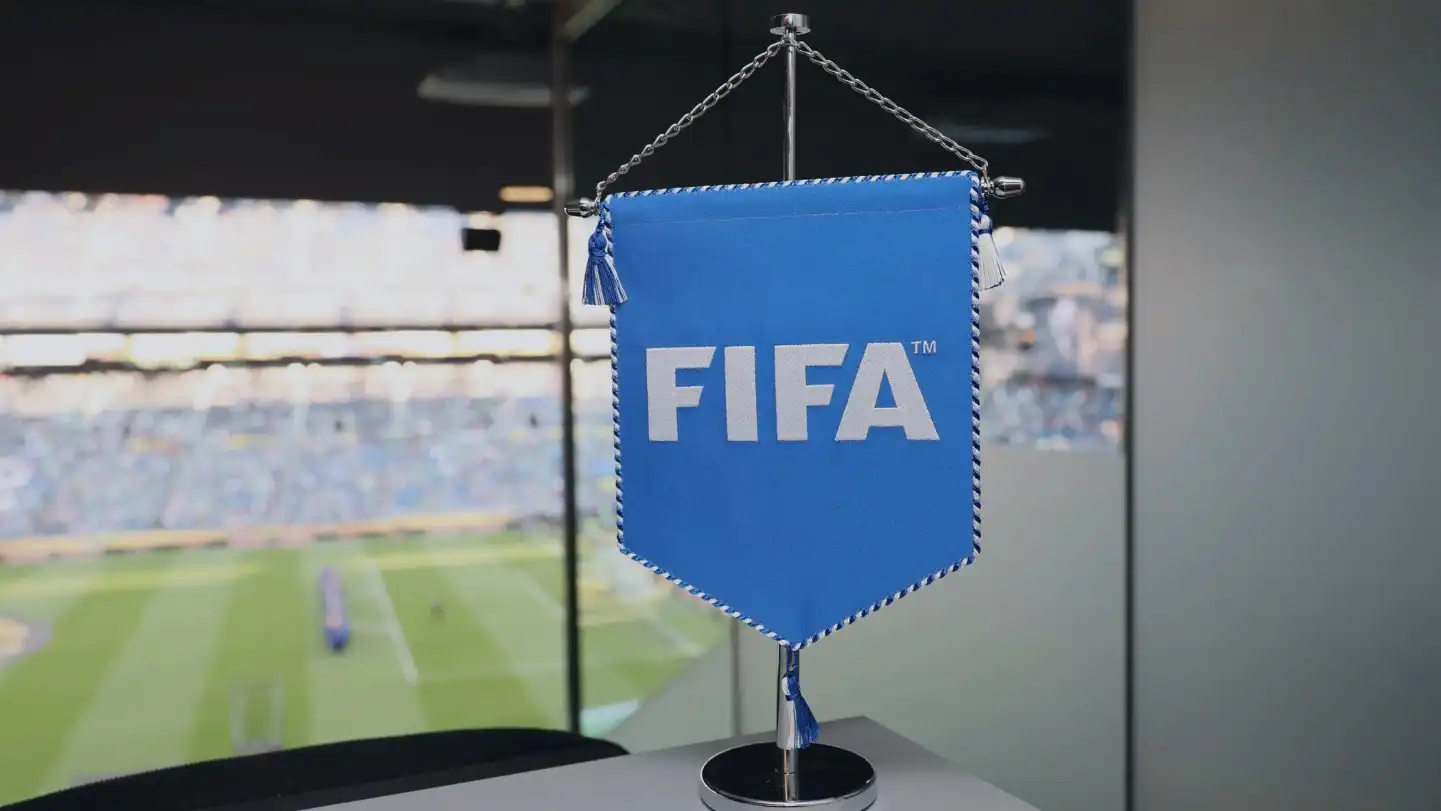The Game's Grand Architects: Navigating the Visions and Storms of FIFA's Presidents
Muhe - Friday, 01 August 2025 | 08:00 PM (WIB)


The Visionary: Jules Rimet and the Dream Machine
If FIFA was a house, Jules Rimet was the architect who laid the very first, most crucial bricks. Serving an astonishing 33 years from 1921 to 1954, this Frenchman wasn't just a president; he was a prophet. His grand vision? A global tournament where nations could clash on the pitch, uniting the world through sport. Back then, it sounded like a pipe dream, almost ludicrous. But Rimet, with a steely determination that would make any modern CEO nod in approval, pushed through the skepticism and financial hurdles to birth the FIFA World Cup in 1930. Imagine the sheer audacity! This wasn't just about football; it was about building bridges in a world still reeling from war, proving that sports could transcend politics. His legacy is monumental, a true testament to the power of a single, unwavering idea. The man literally has the original World Cup trophy named after him, which pretty much tells you everything you need to know about his impact.The Quiet Expander: Stanley Rous and the Shifting Sands
After Rimet's marathon reign, Sir Stanley Rous, an Englishman, stepped into the hot seat, leading FIFA from 1961 to 1974. He was a figure from a different era, more focused on the traditional aspects of the game and its global administration. While not as flashy as his successor, Rous oversaw a period of steady growth and increased international participation in the World Cup. He was instrumental in expanding FIFA’s reach, truly making it a global body. However, he wasn't entirely immune to the kind of sticky situations that seem to follow FIFA around like a shadow. His conservative views and, notably, his stance on apartheid-era South Africa’s continued membership in FIFA, ruffled more than a few feathers and hinted at the political minefields that lay ahead for the organization.The Empire Builder: João Havelange and the Commercial Revolution
Then came the man who truly changed the game, arguably forever: João Havelange. His presidency, from 1974 to 1998, was a masterclass in empire-building. The Brazilian wasn't just about football; he was about turning a non-profit sports federation into a global commercial powerhouse. He understood the untapped potential of football as entertainment and, more importantly, as a marketable product. Under Havelange, FIFA embraced big corporate sponsors like Coca-Cola and Adidas, quadrupled the number of nations participating in the World Cup, and turned the tournament into the massive, money-spinning spectacle we know today. Talk about shaking things up! But with great power and even greater wealth, often comes... well, a whole lot of questions. Havelange's era was plagued by persistent whispers and eventually proven allegations of bribery, vote-buying, and kickbacks, particularly concerning the infamous ISL marketing scandal. It was the wild west, and Havelange was arguably the lead cowboy, leaving a complex legacy of unparalleled growth intertwined with deep-seated corruption.
Liverpool vs Arsenal Prediction: Week 3 of the 2025/2026 Premier League
14 days ago

Rayo Vallecano vs. Barcelona Prediction: Week 3 of La Liga 2025/2026
14 days ago

Messi's Last Dance? The GOAT Hints at a Potential World Cup Farewell in 2026
15 days ago

Real Madrid vs Mallorca Prediction: Los Blancos Aim for Third Consecutive Win
15 days ago

West London Derby: Chelsea vs. Fulham Prediction, Week 3 Premier League Match
16 days ago

Manchester United vs Burnley Prediction: Tough Test at Old Trafford
16 days ago

The Roar of History: Why Almaty Ortalık Stadium Isn't Just a Venue, It's Kazakhstan's Heartbeat
16 days ago

Wayne Rooney’s Stark Warning: Can Manchester United Still Attract Elite Managers?
16 days ago

The End of the Road: Ole Gunnar Solskjaer's Turkish Adventure Concludes Abruptly at Besiktas
16 days ago

Argentina vs. Venezuela: Lionel Messi's Final Moments in Home?
16 days ago
